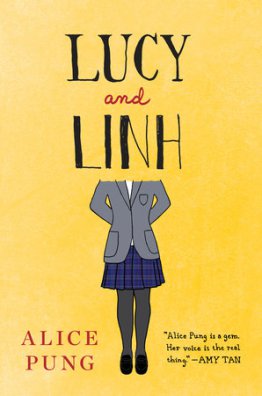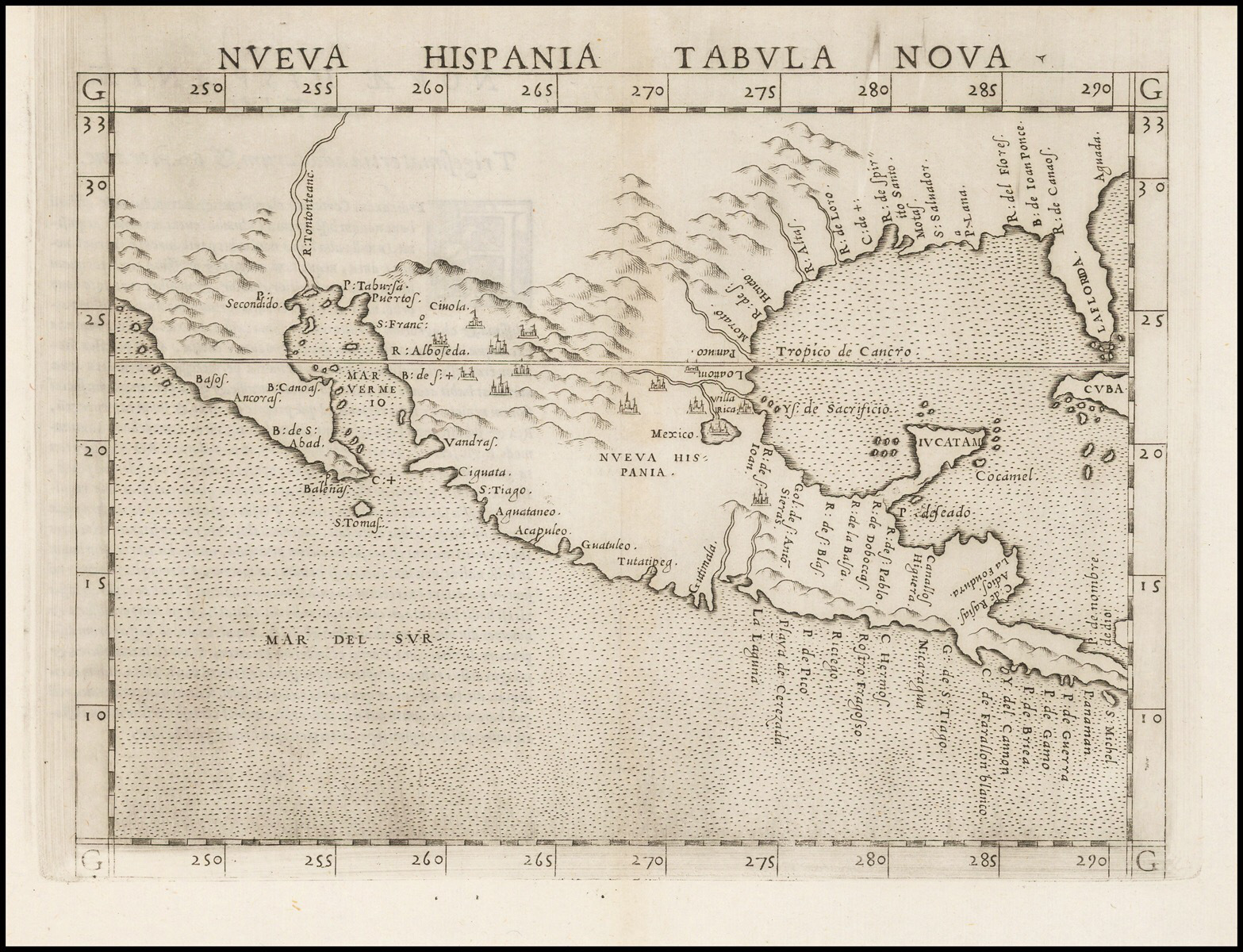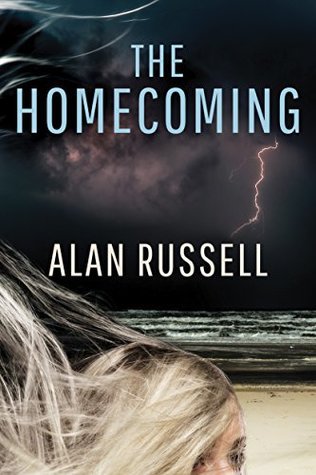Immigration is tough. High school is tougher.
Being a teenager is definitely a struggle, we all know this. Lucy’s whole life seems like a struggle sometimes. Her father works all day at a factory, while her mother sews illegally in their garage to make money, which has always been tight. Between school work, watching her baby brother, and acting as a translator for her parents who don’t speak much English, Lucy doesn’t have much time to begin with, but when she wins a scholarship to the upscale all-girls academy, Laurinda, everything changes.
 Lucy and Linh is the type of book that could potentially change the way a kid views the world. Alice Pung has crafted an in-depth look at not only a teen’s experience transferring schools, but also how different it is growing up rich vs. poor, immigrant vs. indigenous, and how someone can struggle between having pride in their upbringing and shame in it as well. Privilege is a central theme of the book, looking at how Lucy is treated as a low income Asian-Australian immigrant, who although spending most of her life in Australia, is still stereotyped as Asian first, poor second, and an “equal-access scholarship recipient” third.
Lucy and Linh is the type of book that could potentially change the way a kid views the world. Alice Pung has crafted an in-depth look at not only a teen’s experience transferring schools, but also how different it is growing up rich vs. poor, immigrant vs. indigenous, and how someone can struggle between having pride in their upbringing and shame in it as well. Privilege is a central theme of the book, looking at how Lucy is treated as a low income Asian-Australian immigrant, who although spending most of her life in Australia, is still stereotyped as Asian first, poor second, and an “equal-access scholarship recipient” third.
As Lucy navigates Laurinda, she is exposed to cultural quirks of upper-class living she didn’t experience in her immigrant suburb of Stanley, such as passive-aggression, manipulation, and social politics. She is surprised when a teacher at Laurinda is bullied by students, and irritated that her teachers doubt her abilities as a student based on her background. At the same time, Lucy feels shame when she compares her mother’s blunt and unadorned way of living to her classmates’ mothers’ dedication to outer appearance and polished presentation of themselves.
Nothing has a stronger hold over a girl than the fear of the thoughts of her peers – thoughts that change five times in a day. No wonder things are so complicated with teenagers. —Alice Pung, Lucy and Linh
One of the most compelling parts of Pung’s novel is Lucy’s journey into the heart of high school politics. She is at once wistfully enamored with the rich girl culture of pretty dresses and popularity, and also disgusted by her new classmates’ obsession with fitting in and playing vicious “pranks” that are in truth just bullying. Throughout it all, she draws comparisons between the life she had in Stanley and her new one at Laurinda.
If you are looking for an emotional book about a unique teen experience, Lucy and Linh is for you. Many people play lip service to understanding the tough experiences and confusion that immigrants and their children go through, but rarely check out what those experiences are actually like. Alice Pung has given us such a story. Unlocking true compassion for people different from us is important, and can help us get along better. We teach children this lesson, and we should remind ourselves of this fact as teens and adults. What better way to unlock our potential for understanding than through a brilliantly written novel?
Lucy and Linh is Pung’s third book, and was originally released under the title Laurinda in Australia. Pung is an author and lawyer, and works as a legal researcher in the areas of minimum wage and pay equity. She is the Artist in Residence at the University of Melbourne, and gives writing workshops for all ages. Kirkus Reviews included Lucy and Linh on their list of Best Teen Books 2016, and it made it onto numerous international lists and honors. You can find this book at Portsmouth Public Library in Teen Fiction, and it is currently on our Best of Teen 2016 display.
Advertisements





